Why Vitamin D May Be Just What You Need
Oftentimes dubbed the “sunshine vitamin,” vitamin D plays several important roles in our body’s overall health and function. It’s called this because the sun plays a huge factor in helping our bodies receive enough vitamin D, but it can’t do this on its own. In case you missed this post: Why Eating Whole Foods Is Good For You
Vitamin D may not receive as much praise and attention like vitamin C does, but a deficiency of the vitamin may be what’s causing several health issues you could be experiencing. Across the planet, there are over 1 billion people that have vitamin D deficiency.
As many as 41.6% of American adults struggle with it, while the vast majority don’t even know it. The numbers nearly double for Hispanics and African Americans due to their dark pigmented skin. Here’s a closer look at vitamin D and why it may be just what you need.
Please check with your medical advisor before taking any vitamins or supplements so they don’t interfere with the medications you are taking right now.
Fun Facts About Vitamin D

Vitamin D comes not only from the sun, but from the food that we eat, and any supplements that we may add to our diets.
Pale skinned people from European descent are able to absorb more vitamin D from lower amounts of sunshine exposure, while darker skin requires more time spent in the sun.
The Inuit people that live far to the North and experience extreme cold conditions, need to eat more fish and whale fat (which contain higher traces of it through the oils) just to survive.
Symptoms of a Vitamin D Deficiency
There’s the real possibility at one time or another, that your body has experienced a vitamin D deficiency without you even realizing it. You may even have had one for a long period of time and have brushed off the side effects as related to something else. Here’s a closer look at the number of symptoms or diseases that are directly related to the deficiency.
- Muscle or bone pain and weakness (People who struggle with climbing stairs or getting up out of a chair may be experiencing the signs that they are vitamin D deficient.)
- Tiredness and fatigue
- Simply don’t feel well
- Increase of anxiety and depression
- Stress fractures are more likely to happen (Especially in regions like your pelvis, hips, and legs.)
- Asthma in children
- May Even Cause Cancer
Factors That May Be Causing the Deficiency
There are a number of reasons that may attribute to the cause of a deficiency, though not getting enough sunlight is a big one. People that live in the city where the pollution is higher and buildings block out the sun for the better part of the day, have a higher chance of lacking this vitamin that their body needs.
Those who have darker skin have a higher level of melanin in their bodies, which makes it harder for their skin to absorb the vitamin. Even though putting on sunscreen is important in blocking out the sun’s harmful UV rays, the downside to it is that it also blocks some of the vitamins along with it. Those who eat strictly vegan may also be affecting their bodies unknowingly.
Health Benefits of Vitamin D
Fights Certain Diseases
Vitamin D helps to facilitate proper immune system function throughout our bodies. It can help fight against the flu, may decrease the likelihood of developing heart disease, as well as possibly reducing the risk of multiple sclerosis later on down the road.
Reduces Depression
Have you ever felt down and gloomy about the weather after the rain has been in the forecast for what seems like days on end? Just like mental health needs a little sunlight to brighten your day and regulate your mood, a boost of vitamin D in your body can also help with reducing depression.
Scientists have done studies on patients who struggle with depression, giving them supplements to counter these mental conditions, and their patients have experienced positive results.
Promotes Weight Loss
Do you struggle with losing weight and getting the results that you’re looking for? Vitamin D may be part of your answer. People that take calcium and vitamin D supplements have found that they contain an appetite-suppressing result, allowing them to lose weight easier.
Stronger Bones
Ever since you were a kid, you were told that milk helps build stronger bones and makes for whiter teeth. It’s true! Vitamin D strengthens bone tissue and keeps them from becoming brittle over time. This keeps your bones from breaking as easily and allows your teeth to continue to grind and tear food without them wearing down.
Foods That Contain Vitamin D
Not only does your skin receive vitamin D through sunlight and supplements, but also through certain foods that you eat. There are not many foods that contain the vitamin naturally on their own. Several of them have been fortified by the vitamin that has been added to them. Here are a few of those foods. If you love to eat fish and other seafood, you’ll enjoy my list.
- Milk (Fortified)
- Orange Juice (Fortified)
- Yogurt (Fortified)
- Cereal (Fortified)
- Egg Yolk
- Cheese
- Mushrooms
- Tofu
- Shrimp
- Salmon
- Sardines
Getting Diagnosed
If you believe that you may have a vitamin D deficiency, your doctor can run a simple blood test. If the results come back positive, your doctor may want to run a few X-rays to determine the strength of your bones.
Once you’ve been diagnosed, your doctor may prescribe some vitamin supplements to help improve your condition. For those who have a more severe case of vitamin D deficiency, your doctor may prescribe for you a higher dosage, or in liquid form. Your doctor may also encourage you to get exposed to more direct sunlight and eat foods that contain higher amounts of the vitamin.
Final Word
Hopefully, now you realize just how important vitamin D is, not only for our skin but for our overall health. If you are experiencing a number of symptoms that were mentioned earlier on, you may not be receiving the vitamins that your body desperately needs. What surprised you the most about this vitamin and just how important it is to our overall health? Please keep prepping, we must be prepared. May God bless this world, Linda
Copyright Images: Vitamin D Deposit photos_199708266_s-2019, Sunshine with Mountains Deposit photos_113933968_s-2019

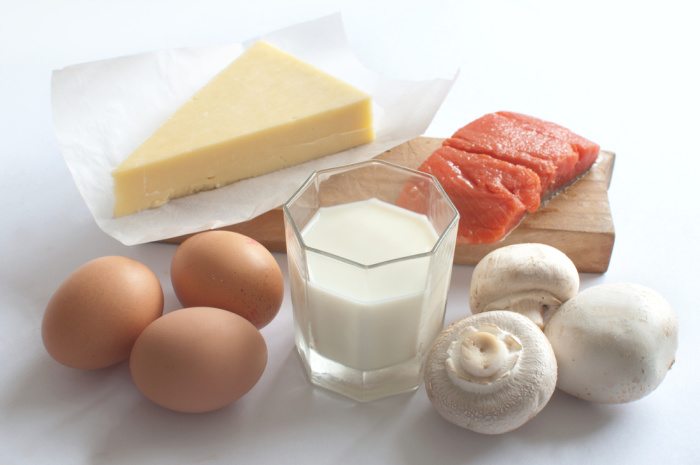

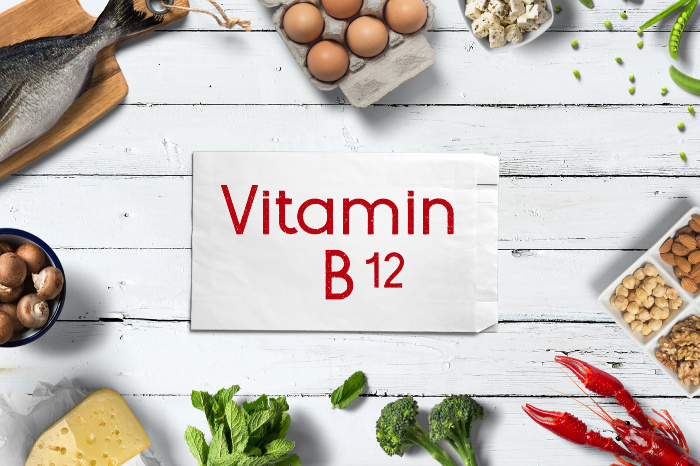
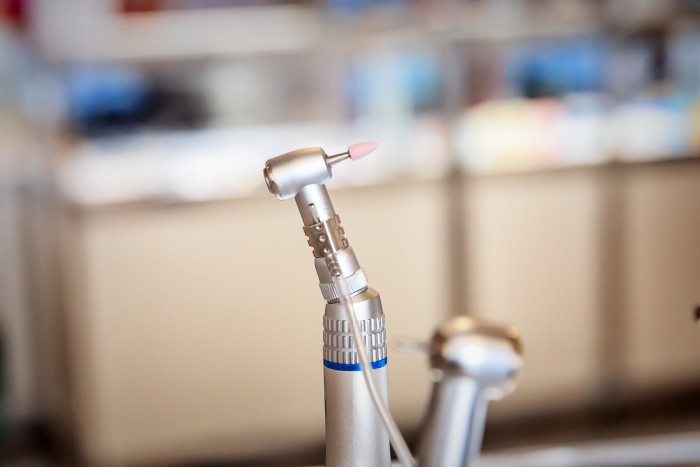



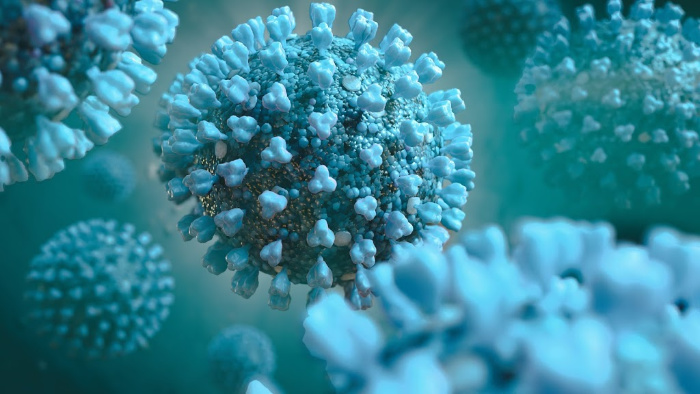






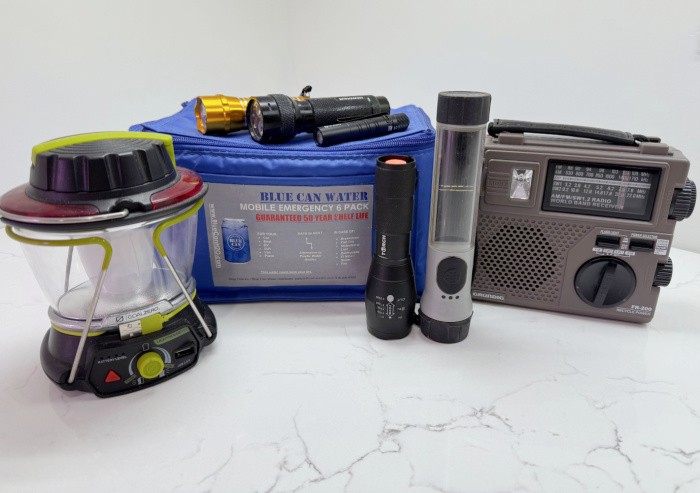
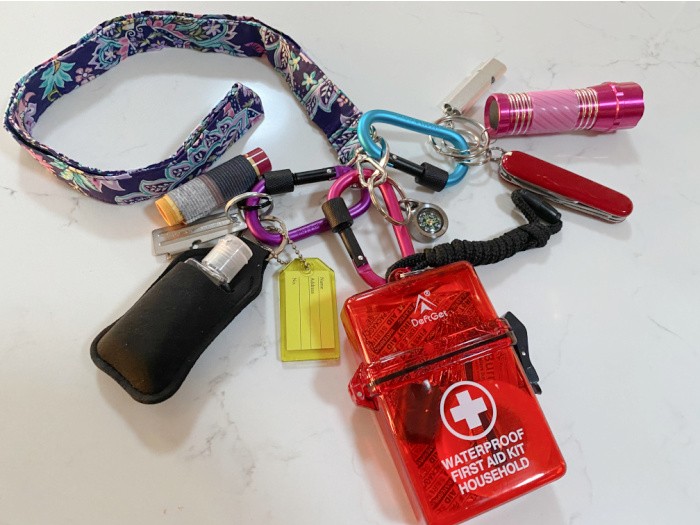





According to my oncologist, if your taking a Vit. D supplement do not take in any form of calcium 2 hours before or after the vit. D as the calcium affects the absorption of the Vit. D. Be sure to talk to your Primary Care Doctor before starting this supplement as too much can become toxic.
Hi Beth, thank you for your comment. That’s why I made the statement, check with your medical advisor before taking any supplements. We have to be informed before we consume anything. Great comment, Linda
Linda
In another life I was an electrician. I installed special lights for draftsmen. These lights had a light temperature equal to natural sunlight. These lights were not only easier on their eyes but improved their Moods as well. Judging by your article They may have been producing vitamin D. Just thinking
Linda ~
Living in the Pacific Northwest on the west side of the Cascades, we have a LOT of cloudy days and not a lot of sunny days! According to the internet: On average, there are 136 sunny days per year in Olympia. The US average is 205 sunny days. SO, we have a higher risk of seasonal depression due to the “dark” days and a higher risk of low Vitamin D. My physician advised me to take Vitamin D3 supplements every day of the year not only because of the above but also for bone strength along with taking a calcium supplement.
I try to get as much natural D3 and calcium from foods but I am lactose intolerant so dairy is not a viable option. I do eat a lot of cruciferous vegetables because of their higher and more bio-available calcium – mainly broccoli and spinach but also white beans. I aim for 3-4 times a week but I do get tired of eating the same veggies all the time!! So, I take supplements.
As Beth mentioned, calcium and Vitamin D should be taken at different times so I take calcium at night and D3 in the mornings.
If someone wants to check out what a food contains, check out the USDA FoodData Central website. You can search for the food, it will tell you probably more than you really want to know about these foods. For an example, my daughter argued that sweet potatoes were healthy and white potatoes were not. So, I showed her this website and we compared the two kinds of potatoes. She was amazed that compared 100 grams to 100 grams, while they differed in significant ways, they both contained valuable nutrients. It is important to compare the same amount of a food such as 100 grams to 100 grams though so you get that vital comparison.
Anyway – I need to take a walk – we have intermittent sunshine today so I need to get natural Vitamin D!!!
Hi Leanne, great comment. I have a daughter with MS so Vitamin D is critical in my family as well as many others worldwide. I really wanted to write this post because there may people who have no idea why they are depressed, tired, etc. So many people stay indoors and do not realize why they may need the sunshine. Some are introverts but some have no idea what the sun can do for your soul and health. Northern Utah has less sunshine than southern Utah so MS is more prevalent up north. It’s all about listening to our bodies. Thanks for letting me know about the USDS FoodData Central Website. Great comment, Linda